Anonymity is something that is hard to achieve in the digital world because we are all so connected. When you want to know more about a person, simply go to his or her social media page, do a Google search, and even use people search sites that provide all public information available about that person.
From a legal standpoint too, anonymity is tough. Let us say you are searching for a controversial topic in your country and you don’t want your intelligence agency to know that you’re searching about this particular topic. And you definitely don’t want them to know your IP address, so they can’t trace it back to you. ![]()
Another area where anonymity is necessary is to access content that is banned in your region. For example, if you live outside the United States, you may not have access to the content on sites like Netflix and if one of your favorite shows is on Netflix, then you’re sure to have to sacrifice it. All websites like Netflix use your IP address to determine your exact location and based on it, filter the content for you.
In all the above three scenarios, your privacy and anonymity are lost. Other people including strangers can easily access information such as your location and this is not something that everyone would be comfortable with.
In light of this discussion, what is the solution? How can you do whatever you want to do online without ever having to worry about others knowing your location and personal details?
VPN may be your answer.
What is a VPN?
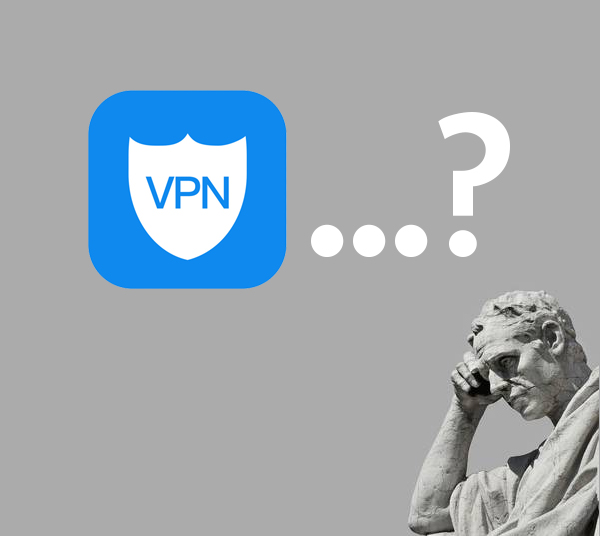
A virtual public network often called VPN is a service that gives you the anonymity and privacy you need. This service essentially masks your IP address and replaces it with another IP address that they own, so others do not know your exact location and will not be able to filter content or trace back to you in any way.
They achieve this by funneling your Internet access through a tunnel instead of sending it on the open Internet. This way, they have the option to safely send or receive data even if it done through a shared network.
Since VPN gives such a high level of privacy, it is being used extensively by many people around the world. This also means there are many VPN services out there, so as a user, it is important to choose a service provider that would work best for you.
How to choose the best VPN?
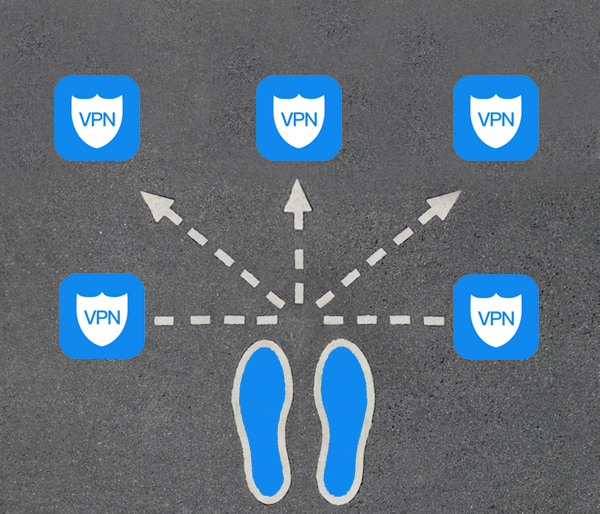
Choosing the best VPN service can make a big difference to the way you access the Internet, especially if security and privacy are important for you. If you are new to this terms, we first advise you to find out what is the best free VPN that would work for you (no strings attached). When you get more fluent, upgrade yourself with a premium paid VPN.
Here are some factors to consider while choosing a VPN service.
Identify the reason
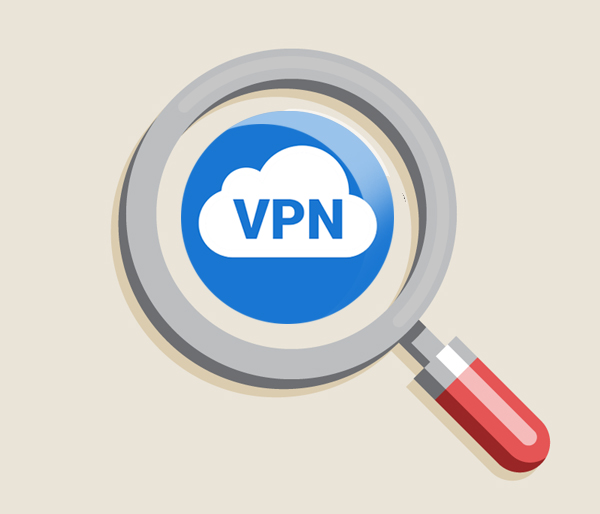
Each person needs a VPN for their own reason, so it is important to identify your specific reason for going in for a VPN service. Also, you need to be clear on the features that are necessary for you in a VPN service.
For example, some people may want to have a VPN for the entire household or they may need multiple simultaneous connections in different locations. Accordingly, you have to choose a service that will fulfill these reasons for you.
Know what each VPN service offers
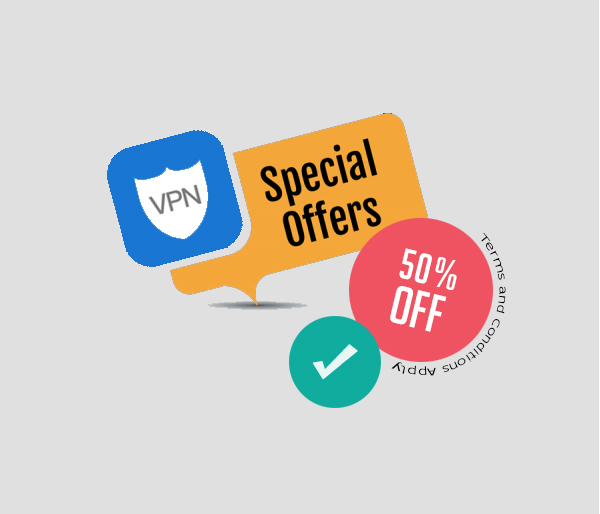
Making a list of features is just one side of the coin and identifying which VPN service offers them is the other side. Keep your list handy and check against the offering of each VPN service carefully to identify the best one for you. Every company has its own selling point – a major feature that distinguishes it from that of its competitors. Look at this feature and see if this is something you want. This will be a good starting point and from there on, you can compare the features you want with what they offer.
Be ready to make some compromises here because you may not get all the features you want with the same provider. So, be open for the best fit instead of a perfect one.
Compatibility with your devices
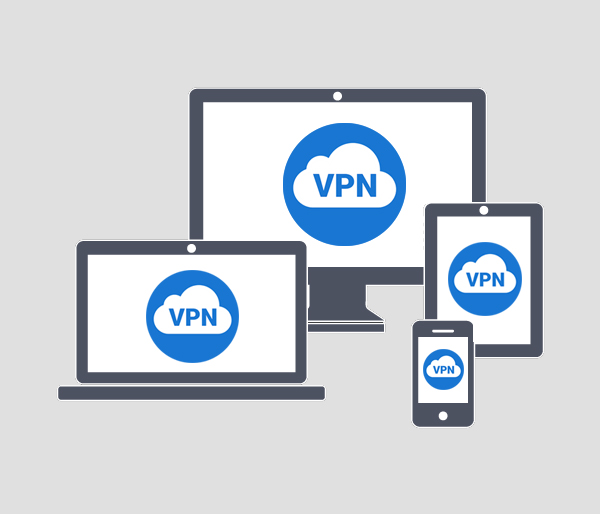
An often overlooked aspect when it comes to choosing a VPN service is device compatibility. Some devices are designed for iOS while others are specifically for Windows, Android, and so on. Though some VPN services work well across all devices, this doesn’t always have to be true.
Hence, make sure the VPN service you choose is compatible with the devices through which you want to connect to the Internet.
In short, a VPN service gives you privacy and security while browsing the Internet. Since it masks your IP address, you will not be affected by the geo-blocking practice of governments or content providers. But choosing the right service is the key and we hope the above aspects come handy for you.













